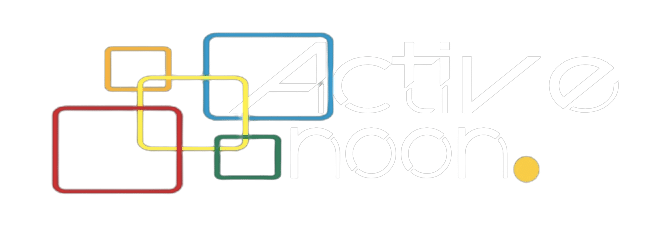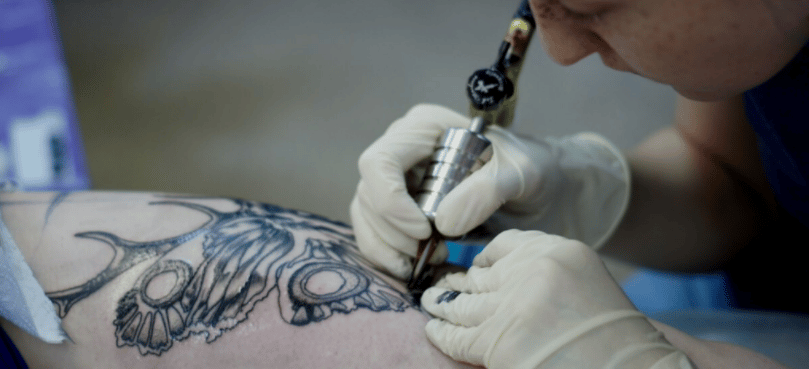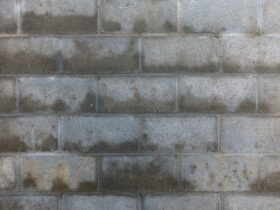The economic impact of natural disasters on countries can be incredibly huge. However, if the country’s budget includes funds to mitigate the consequences of these events, then the regions affected by floods, tornadoes, earthquakes, etc. can be eventually restored. For individual households that suffered from the raging disaster, the consequences are much more sensitive. Housing can become unsuitable for habitation for a long period, and family personal savings may not be enough to restore property. From which organizations can you get help, and how to protect yourself financially in such circumstances?
Financial Consequences of Natural Disasters
The impact of natural disasters can be overwhelming, demolishing everything in its path and crushing the very possibility of human existence on a certain piece of land. Or it can be weakly expressed, only declaring its potential strength. Depending on the scale of the disaster, the following damage may be observed in the affected areas about on personal or public property:
- Damage or loss of housing;
- Washout or destruction of agricultural land;
- Destruction of public infrastructure including roads, bridges, buildings, etc.
The assistance provided by governmental and non-governmental organizations depends on many factors, including the extent of the damage, the type of disaster, the efforts of homeowners to strengthen their property in advance of the event, and so on.
Organizations That Provide Assistance in Case of Natural Disasters
Several US organizations are involved in disaster mitigation on federal and local levels:
- The Federal Emergency Management Agency (FEMA) is the largest organization with regional offices across the country.
- Disaster Relief Organizations can be either governmental or non-governmental. Each of them focuses on specific aspects of assistance, for example, roofing of damaged roofs, road repairs, restoration of public infrastructure, etc.
- Local aid organizations are often the first to respond by providing essential services to affected populations such as housing, food, clothing, etc.
- Volunteer organizations that provide physical, financial, and psychological assistance.
In addition to help from these organizations, homeowners can claim insurance compensation for damage to their homes. However, not all such claims are approved on different grounds. Therefore, before concluding a contract, it is necessary to carefully read the terms of the contract.
Where to Get Money for House Repairs
After a natural disaster, houses can receive a slight degree of damage, which is not so serious that volunteers or government organizations consider it necessary to respond to them. Insurance companies may refuse to pay damages on the grounds that homeowners have not done enough to reinforce their homes to withstand the weather.
In this case, money for repairs can be obtained as a payday loan. Depending on the specific states, its size varies, but for quick minor home repairs, it will be enough. Moreover, thanks to such platforms as Payday Depot, you can compare the conditions of different lenders and choose the one with the lowest interest rate and soft repayment terms.
Natural disasters often come on suddenly, and the government does not always respond quickly, especially if the damage is minor. But what is insignificant on a national scale can be a serious challenge for an individual household. Therefore, it is better to be prepared for these adverse circumstances and set aside your own reserve fund, which can help out in such situations.



















Leave a Reply